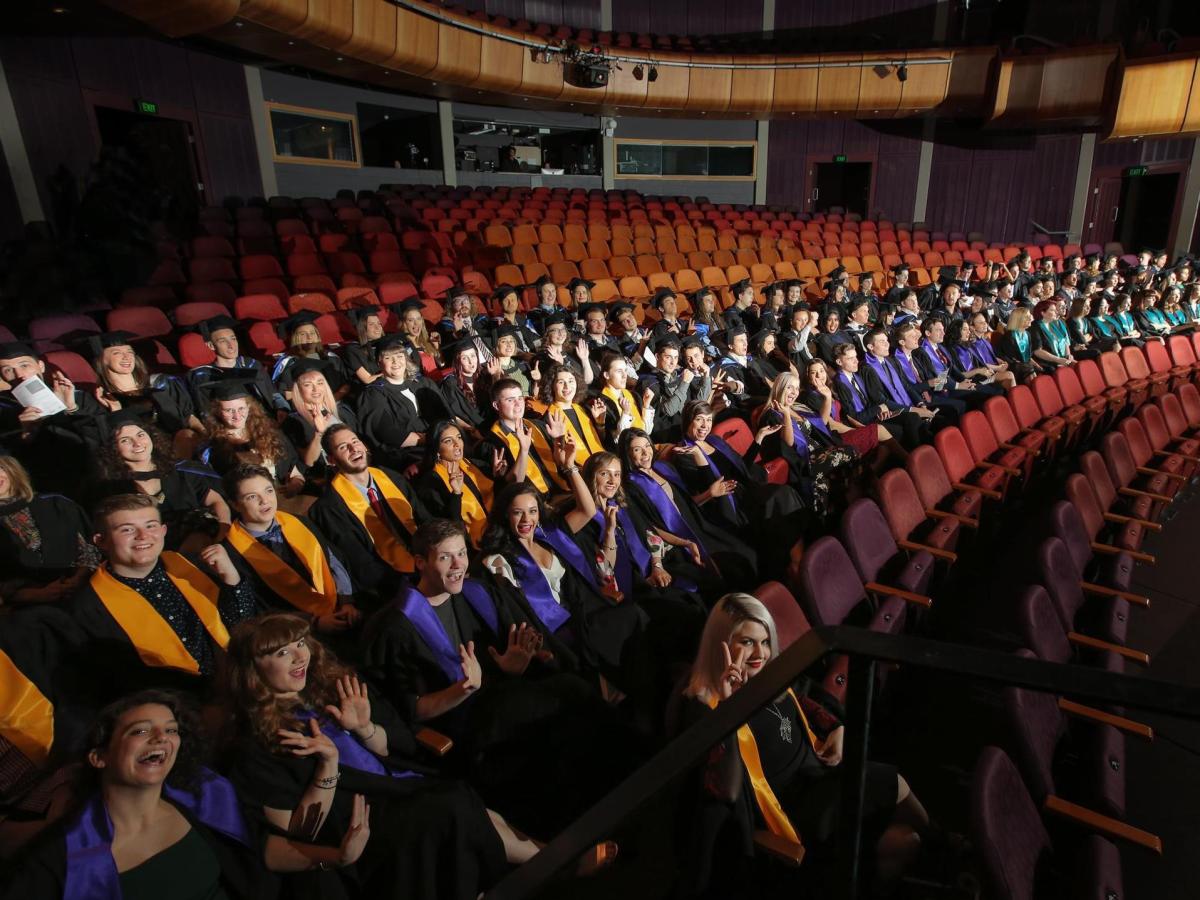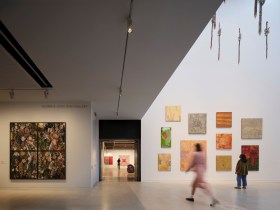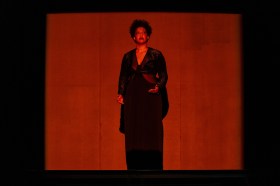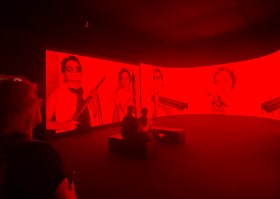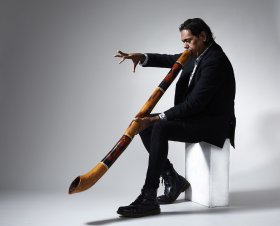Image: NIDA class of 2016 moments before their graduation ceremony on 21 May 2017.
We often end up choosing a career in the arts because our younger, more optimistic selves followed a passion. For you, it could have been acting or writing. For someone else, it was painting and drawing, or perhaps learning an instrument. The art forms may be different, but we, the artists, all have something in common. We decided to try and make a career out of doing what we love.
At NIDA, the most recent cohort of alumni graduated on Sunday. They are, naturally, elated and optimistic… and so they should be. But they are also preparing for some of the toughest days in their lives – the days where they need to chase opportunities down, work hard, and put everything they’ve learned into practice. For these students, the next few years (or even months) are when careers are made.
Master of Fine Arts (Directing) graduate Carissa Licciardello is ready to take this next step, from studying to building a career.
‘I’ve left [NIDA] feeling like – as much as there is a lot of luck involved and you have to have certain skills and talents, and the timing has to be right – a lot of it is in your hands. If you work really hard and jump on opportunities, you are setting yourself up to have the best possible chance of succeeding,’ she said.
For Licciardello, this has meant starting to line up opportunities before even finishing her Master’s. She is currently directing New Theatre’s production of The Chapel Perilous, and in the next few months, will head over to the Old Fitz Theatre as a resident director in the New Fitz program.
‘I think the year I had at NIDA really cultivates that rigour and stamina in you so that you are prepared to come out swinging,’ she said.
One of the difficulties of doing what you love in the arts is the continual battle to find or create opportunities and make the most of them. Licciardello said she felt prepared to meet the demands of her career because she was immersed in an environment that challenged her creatively and that this fortified her passion for the work. But another difficulty, and one that emerging artists in particular must face, is the way your self-worth is intimately tied to the work you do.
‘It is such an important part of who you are. In that sense, it is difficult because you can’t step out of an office and leave it behind for a while. But the moments when I am in a room directing and working with people are when I’m happiest, which makes it all worth it,’ said Licciardello.
‘I can’t think of anything I would want to be doing with my time more than that. Especially at this level, the stress of trying to line up and produce your own work as well as directing it, the challenge of actually getting the thing up on its feet, the logistical challenges… in the middle of all that, you find yourself doing what you love and just think, “This is why I want to do this.”’
‘It’s all worth it when you have those moments where you reconnect with why you want to do something in the first place and that passion. That makes it all worth it for me.’

